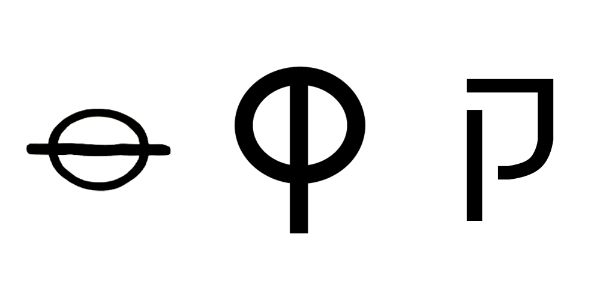« Back to Glossary Index
Categories: Clothing
Synonyms:
𐤀𐤁𐤍𐤈, abanaṭ, girdle
The word abanath (𐤀𐤁𐤍𐤈) means “girdle” meaning a lightweight undergarment.
Extended Study for 𐤀𐤁𐤍𐤈 (abanath)
To read the study guide entry that elaborates on 𐤀𐤁𐤍𐤈 (abanath) then join our Extended Study Membership at https://www.paleohebrewdictionary.org/extended or use phdict.org/extended to share a short link with others.





